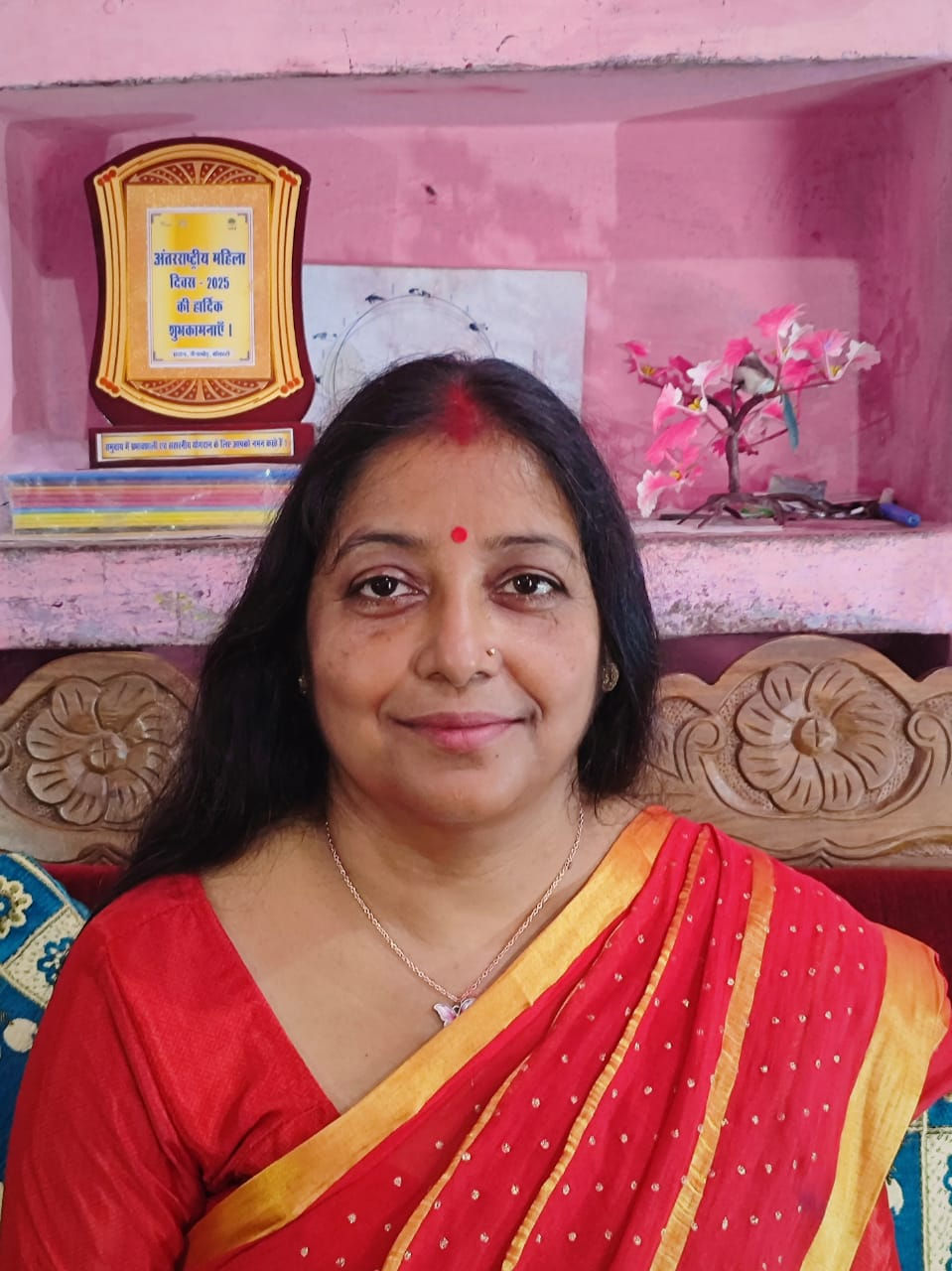Paanch Roti, Main aur Nyay
- We, The People Abhiyan

- Jul 29, 2025
- 3 min read

“Us din kuch andar se toot gaya tha. Main khud se sharminda thi. Kya ek aurat ka samman uski jaati se tay hota hai?”
“Something inside me broke that day. I was ashamed of myself. Does a woman’s dignity gets decided by her caste?”
This was Sonali Devi’s realization, living in a village called Angwali Uttari in Bokaro district. Unlike others, she couldn’t ignore how the Didis who cared for her and her child were treated, just on the basis of their caste. When she was expecting, a woman from a backward caste would come to massage her. But every time she left, Sonali was asked to clean the spot where the woman had sat. The reason?
“Sirf isliye kyunki usne chhoo liya tha”
“Just because she had touched it.”
It deeply disturbed her. Wanting to break this cycle of indifference and reflect the respect she genuinely felt for the Didis, Sonali made a small but bold change - she didn’t let the woman sit on the floor the next time. Instead, she offered her a chair. But again, once the woman left, Sonali was asked to clean the chair.
That incident stayed with her, but instead of letting it go, she made a promise to herself:
Tab maine tay kiya—main is chuppi ka hissa nahi banoongi”
That’s when I decided—I won’t be part of this silence anymore.”
The resolve became the foundation for her journey. Sonali Devi started working with PRADAN in 2018 and has since been mobilizing women, conducting trainings, and spreading awareness across communities. She also educate others about equal rights under the Constitution, helping them see the value of equality and gender justice. Over time, the Constitution became a powerful tool in her journey.
But its real strength was felt when she attended a training by We, The People Abhiyan (WTPA). During that training, a new realization emerged within her: that the Constitution truly stood with her. Acts, Sections, Rights, these were no longer just words, they had become her voice. Since then, she has been writing applications quoting laws which has helped her address people’s issues more effectively. With this, she also leads discussions on domestic violence, child marriage, and women’s rights, grounded in equality and justice.
But the road hasn’t been easy. From walking hours to attend panchayat meetings to challenging deeply embedded beliefs about women’s roles, Sonali Devi has faced challenges at every step. In her journey, she encountered many women, who prioritize caring for their husbands and children over their own well-being, showing resistance or disinterest in learning about their rights. Mobilizing them proved to be one of the most demanding parts of her work.
Recalling one such example, she shared how she explained gender equality in the community through chapatis. She asks “Agar ghar mein 5 roti ho aur pati aur 3 bacche ho, to tum roti kaise baantogi? Ek mahila ne kaha: “Do pati ko, ek-ek baccho ko, main nahi khaungi. Pati kheton mein kaam karta hai.
Maine kaha, “Aur tumhara kaam? Ghar, bachche, sab tum sambhalti ho. Tumhara haq bhi utna hi hai. Samvidhaan kehta hai—barabari ka adhikar hai.”
“If there are five rotis at home and your husband and three children are there, how would you divide them?” One woman said, “Two for my husband, one each for the kids—I won’t eat. My husband works in the fields.”
I said, “And what about your work? You manage the house, the children—everything. You have an equal right too. The Constitution says—we all have the right to equality.
Like this, Sonali Devi has crafted unique ways to challenge deep-rooted societal beliefs. Ways that starts from kitchen itself, from the heart of domesticity and takes the route of Constitution. Through this approach, not only has she reached over 2,000 women, but despite resistance and social stigma she faced, her voice is now welcomed in Gram Sabha meetings. There, she works closely with the panchayat, Block administration, the District Collector, and even engages with the police when needed.
From a quiet discomfort to a fearless voice, Sonali turned her personal realization into public purpose. She made sure the Didis were treated with the respect they deserved and helped women realise their rightful share of the five rotis.
With every conversation, every action, Sonali is quietly shifting what equality looks like—at home, in the village, and in the hearts of women.
The above story has been written and published with the explicit consent of the individual involved. All facts presented are based on WTPA's direct interaction with the individual, ensuring accuracy and integrity in our reporting.

%20(4).png)



Comments